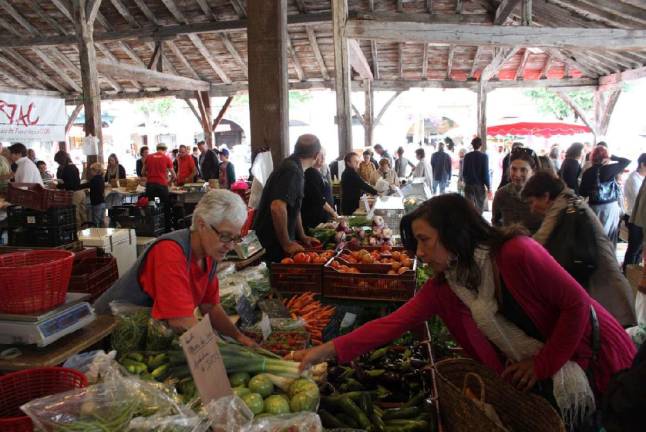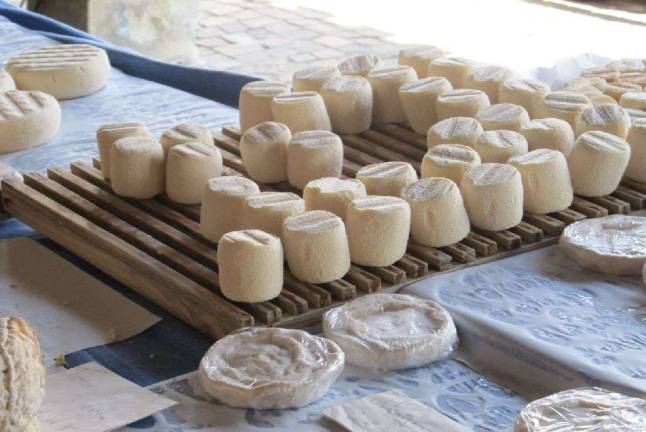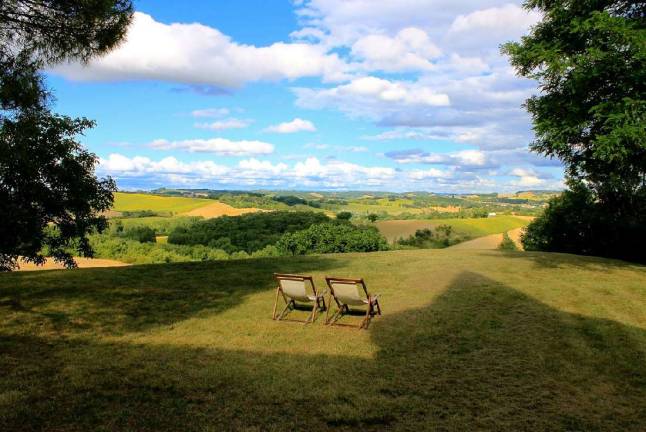Taking pause



The first couple decades, you grow up. The next couple, you raise your kids. Then you can pursue a journey all your own.
Kiki Rosner
When I was a child, the butcher, the baker, the greengrocer and the cheesemaker were centers of conversation. Questions as to the meaning of conflict and political positions were openly expressed. The weather too was part of the daily exchange, but the exchange of opinions and voices was foremost. This, I came to understand later, is the fabric of a living, breathing society. Included in your day was shopping for your meals and talking to those who provided the raw ingredients for those meals. These artisan tradespeople had nothing to do with your personal life and had everything to do with your life. Invariably they knew your preferences, birthdays, deaths, illnesses, even your holiday destinations. You could complain that that last piece of meat wasn’t as good as the previous one, and you’d get a reason why. You’d get a recipe for this extra succulent piece of something they had for you, or the suggestion to a particularly good time for this cheese because the grass was just so; there was a whole world of relationships out there that had nothing to do with your life of friends and family.
Everyone closed for lunch between 1 and 3 p.m. and consequently remained open till 7 p.m. at least. As a schoolgirl, I too had two hours for lunch, and could return home to eat when someone was there to open the door and cook. There was a sense that a meal was something you sat down for, at a table, that you were to savor and enjoy your food, which consisted of several courses, not copious ones necessarily, but layers all the same.
This childhood was a French childhood.
I remember a boy sitting next to me in class in seventh grade with intense garlic breath, recounting the great frisée salad his mom made with garlic croutons she rubbed herself, of course. And my dad teaching me to discern the multiple flavors of different grape varieties in the fall at the greengrocer, the taste of fresh figs. As I look back I realize how developed the palates of children were there; what space nourishing body and soul took in a day, a life, and I realized that falling into this so young is what compelled me to return.
Much of what I experienced as a child in Paris is still true outside of the big city, in slower paced France, like the Southwest, where my family still has a farm. It is there I was inspired to offer what I call the “French Experience,” where a day is focused around absorbing the moment and the sensations that moment brings with it.
Many of my guests have been people from the U.S. and Europe who, like me, have spent the last two decades raising their children or caring for ageing parents and now have time to do something for themselves. We spend four days and five nights together at my family’s seventeenth century farmhouse, removed from our habitual references. The Farm is in the Languedoc region east of Toulouse, an area with deep agricultural roots and history.
I like sharing the beauty of sitting (or standing) and taking in the surroundings, the quiet breathing of a rural landscape, all the while sipping or savoring what that landscape gave up of itself, whether vegetable or animal. Honoring one’s existence involves giving oneself enough time to actually do that. It also helps to be in a place that is disconnected enough from the ever present electronic signal, to tune into a different vibrational signal, one that bubbles up from inside yourself, one that can be drowned out by the noise of regular life.
Experiencing this oneself for a few days is one thing, but to watch others actually live this way on a daily basis is quite another. We visit artisans who work hard at what they make and yet live more slowly and more connected to the people surrounding them, all the while very aware of the greater geo-political world because they are French, firstly, and then by default part of greater Europe. They take two hours for lunch, sit down together and eat; they simply include this as an irrevocable part of their schedule, something they would never think was worth changing. Because why do they work hard if not to enjoy their downtime that must be equivalently lived? The quality of ingredients they use is equally an imperative; otherwise why make what they make? What would be the purpose? There must be a meaning to their life, a significance to what they do as part of a larger societal fabric.
There is a quality of questioning that rises when you give yourself time to feel what is around you, and your connection to it, that leads to a deeper experience of our shared humanity. With this in mind, it is my intent to offer a window into what your life can be when you take more time to live it and love it.
Kiki Rosner, co-owner of Rosner Soap in Sugar Loaf, NY, leads The French Experience, www.thefrenchsoul.net.